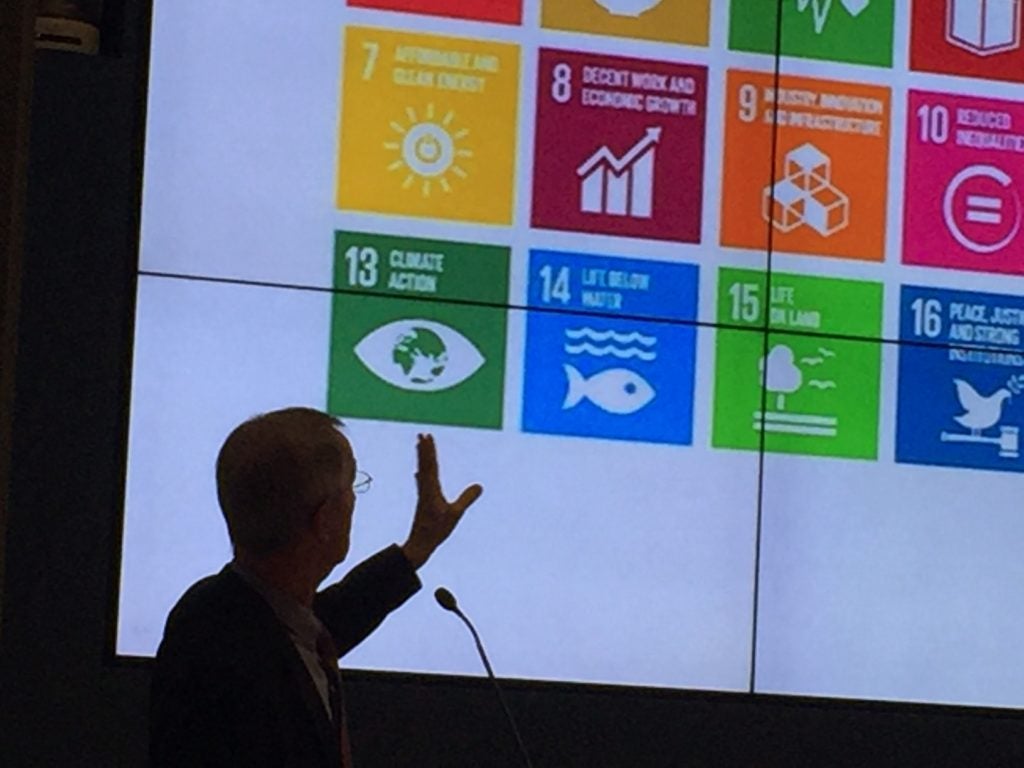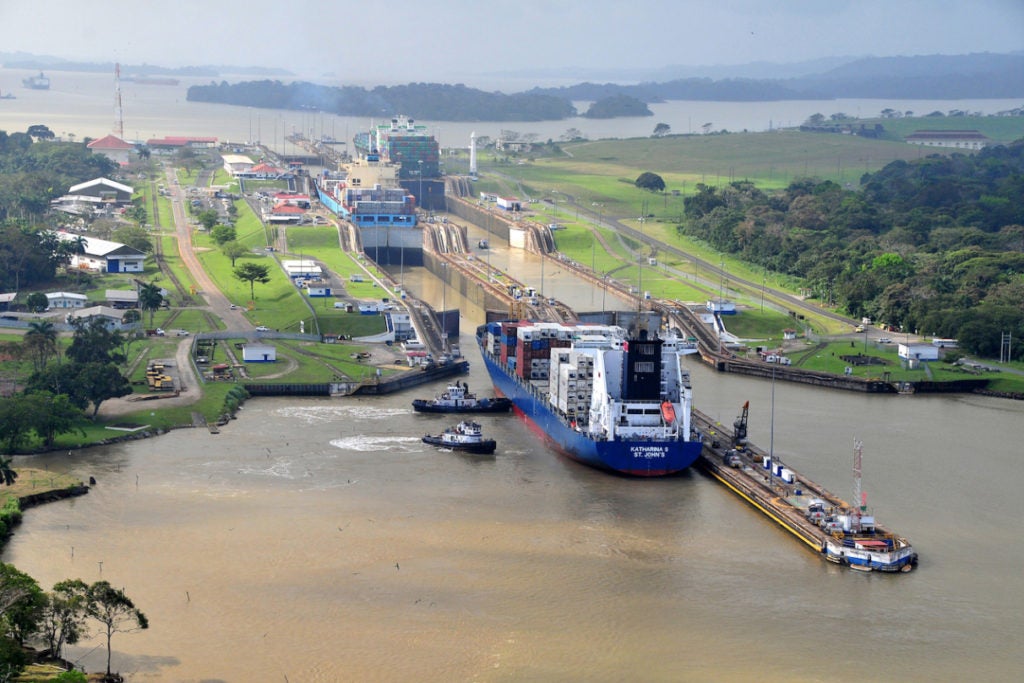The safeguard policies of the Inter-American Development Bank (IDB) seek to guide the Bank’s staff and clients in their analysis of the potentially adverse environmental and social impacts of IDB-financed projects. One key tool in this process is the Environmental Impact Assessment (EIA). EIAs are carried out whenever a project has the potential to produce negative … [Read more...] about Five Challenges Posed by the Social Component of Environmental Impact Assessments
Natural Capital Accounting for Evidence-Based Policy
Natural capital accounting (NCA) broadens our standard measures of economic performance (e.g. GDP) by taking stock of the very foundation of wealth- a nation’s environmental resources. In the last decade, we have witnessed a surge in activity in this space with significant advances in the transdisciplinary science of measuring the environment’s contribution to wealth and … [Read more...] about Natural Capital Accounting for Evidence-Based Policy
Listening strengthens environmental and social management
The Latin American region has experienced numerous changes in 2016: new governments have been elected, new priorities have been identified, and many legislative changes have taken place. And yet, in spite of the institutional changes, the same environmental and social challenges remain in place throughout the region. Take legislation, for example—although it is overall … [Read more...] about Listening strengthens environmental and social management
Is there a historic trend towards sustainable infrastructure?
Yes I admit, this is a bombastic title to catch your attention and I am not an historian so my answer will not be authoritative. But there are indicators. For over a decade there has been a growing trend in the financial sector to actively address and manage sustainability of investments, not only on the financial side, but also the social and the environmental dimensions of … [Read more...] about Is there a historic trend towards sustainable infrastructure?
Latin America backs plans to fight climate change while building prosperity
Just over a month ago, the Paris climate agreement came into effect securing its place in the record books as one of the fastest multilateral agreements ever to enter into force – less than a year after its adoption. At the recent UN climate change negotiations in Marrakesh, Morocco, countries reaffirmed their commitment to the Agreement. Although the negotiations achieved … [Read more...] about Latin America backs plans to fight climate change while building prosperity





